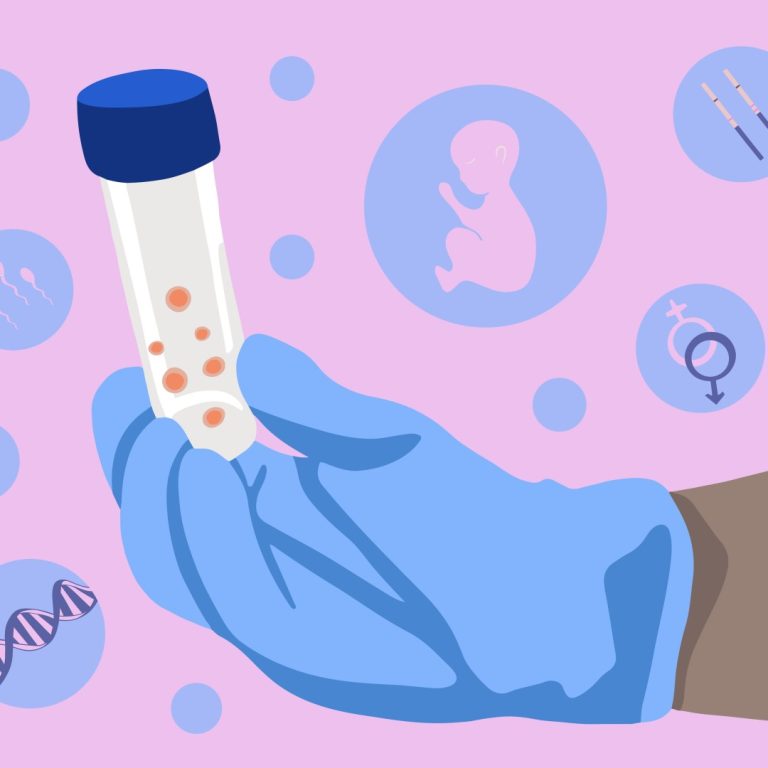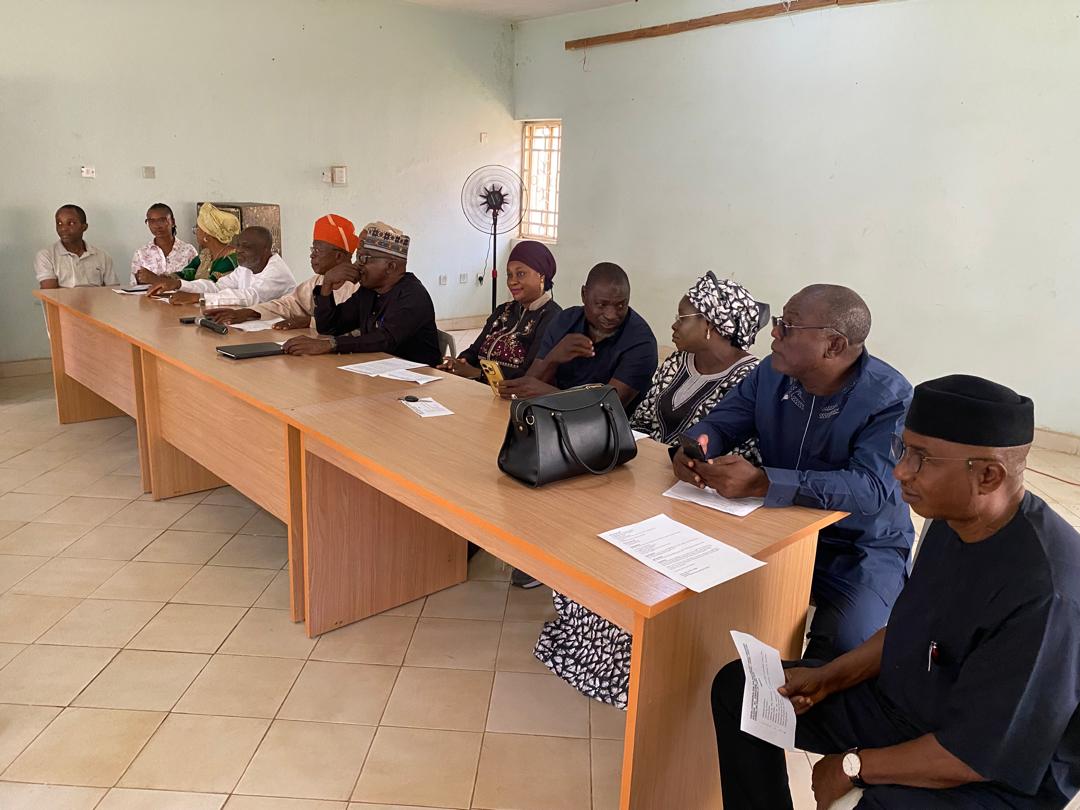By – Glory Ugonma Itiafe
Claim: Ife Agoro, owner of the DANG Lifestyle brand, posted a video on X with an accompanying claim that the quality of women’s eggs declines by age 33.
Verdict: Misleading. Evidence-based scientific research and experts reveal that egg quality decline.


Full Text
On May 24, 2025, Ife Agoro, a beauty entrepreneur and content creator on X via her account Ife (@diaryofa9jagirl), posted an explainer video (archived here) narrating her fertility journey in retrieving her eggs. She advised women to freeze their eggs before the age of 30, warning that at the 33-year mark, the quality of eggs begins to decline.
“By age 33, your egg quality starts to reduce,” Ife said around 59 seconds into the video.
This video went viral and sparked numerous conversations and opinions online.
As of June 15, 2025, when this report was archived, the post had attracted over a million views, 869 reposts, and over 1,800 likes.
X user K (@Kumms_) quoting the video posted, “second video I’m coming across that says egg quality starts reducing at age 33, God abeg.”
Reacting to @Kumms_ comment, (FB @Ishuku) wrote “100% true sha”.
@Kumms_ further commented that she has one more year to go if the claim is true. She wrote, “Crazy stuff. One more year to go for me.”
Preethi Kasireddy (@iam_preethi), a fertility expert and founder of the fertility health tech company, Ferta, opined in another post that women do not run out of eggs at 35, except if they are metabolically unhealthy.
She stated that if women are mindful of their health, egg quality stays preserved till late 30s and 40s.
Another X user, Taurus Groove (@jiggyjayy2), noted that as long as women still have periods, they can produce eggs and get pregnant. Taurus went further to state that multiple births increase after 35 because women produce more than one egg in a cycle. She described posts like this as “fear mongering.”
Juneteenth Ak (@Bronxspice3) wrote, “They act like women over 30 ( who aren’t even close to menopause) just hit a wall and suddenly can’t have kids. Fertility starts to decline after 35, not overnight. Plenty of women in their mid to late 30s and early 40s have healthy babies.”
Due to the post’s virality and public health implications, DUBAWA decided to fact-check this claim to clarify the science behind fertility and the age factor.
Verification
The World Health Organisation reports that one in six individuals of reproductive age will experience infertility in their lifetime, which can significantly impact their ability to start a family. This highlights the vital importance of accessible, high-quality fertility care to support those affected, especially assisted reproductive care such as egg freezing and IVF reproductive solutions.
The BBC science focus magazine explains that egg freezing, also known as oocyte cryopreservation, is a medical process that involves hormonal stimulation to overproduce eggs. It involves removing eggs from a woman’s ovaries and freezing and storing them for later use in fertility treatments, especially IVF. It is currently one of the fastest-growing assisted reproductive health technologies.
Age, however, is of utmost concern, as the Human Fertilisation and Embryology Authority (HFEA) stated in a recent press release that age is the most critical factor for egg freezing success.
What is the science behind egg quality decline?
We spoke to Akindele Akinwunmi, a Consultant Obstetrician and Gynaecologist at Victory Specialist Hospital in Ogun State, who explained the science of egg decline. He noted that based on scientific evidence, a female child is born with a particular number of eggs, and by puberty, the eggs reduce to about 200,000, declining with every cycle of ovulation.
He further clarified, using the science of menstruation, that after ovulation, the egg released travels through the fallopian tube where it can be fertilised by sperm. If sperm isn’t available, fertilisation doesn’t happen. That “VIP” egg then disintegrates and gets absorbed by the body. The egg also gets shed with the uterine lining, which we see as blood in menstruation. He noted that the egg selected during every cycle is the highest-quality egg at that point.
For every cycle in a woman’s life, the highest-quality egg is selected or released for fertilisation. This cycle continues for years until a woman eventually decides to get pregnant. If a woman born with around 400,000 eggs doesn’t have a child until she is 30 or older, the eggs will have reduced quality and quantity. This doesn’t mean that older women might not experience spontaneous pregnancy, but egg quality is better in their twenties, especially before 35 years.
This statement is supported by a 2020 study by the Assisted Reproduction Technologies, titled “Likelihood of achieving a 50%, 60%, or 70% estimated live birth rate threshold with one or two cycles of planned oocyte cryopreservation.”
The study found that women under 35 had an average egg quality score of 21 per procedure, compared to an average of 17 for women 35 and older. Higher egg quality is linked to better chances of successful conception, while lower quality may require multiple procedures, increasing costs. The findings indicate that egg quality is higher in women under 35 and lower in women 35 and older.
When asked whether the claim is rooted in science or bias, Akindele explained that it is a scientific fact that women have a finite number of eggs. After birth, there can not be any further production of eggs; consequently, by age 35, the eggs have already declined. He added that women should be well informed about their chances of fertility, as early as possible.
Samuel Omopariola, a consultant obstetrician, gynaecologist, and infertility expert at Obafemi Awolowo University Teaching Hospital, said that seven months in the uterus (womb), a female fetus has approximately 7 million eggs. By birth and through puberty, when menstruation begins, this number drops to about 400,000. By age 35, the egg count significantly decreases due to repeated ovulation, with quantity and quality declining, and the demarcation of fertility pegged at 35 and not 33, he said. By age 45, menopause typically begins, marking the cessation of menstruation.
The health expert explained that in the early years of a woman’s cycle, during ovulation and menstruation, the most sensitive eggs, in this case, the highest-quality eggs that respond to hormonal stimulation, are the ones that get selected. This leaves the less sensitive ones for another time, and with time and years gone by, the most sensitive and better eggs would have been long recruited.
Emphasising the sensitivity of fertility issues and age complexities, he recommended that every fertility clinic should have counsellors focused on reproductive choices on standby who will take into cognisance the emotions of the patient, guide them through and effectively help them psychologically make the best decisions for themselves. He stressed that doctors should be transparent, clearly explain patients’ options and chances, ensure the likelihood of success, and encourage informed choices with accurate documentation for evidence.
Samuel concluded by saying that the decline in ovarian reserve by 35 years does not mean that women aged 35, 40, 45, or 50 upwards cannot have spontaneous pregnancies or conceive naturally, but scientifically, egg quality declines after 35.
The American College of Obstetrics and Gynaecologists notes that while egg freezing might seem like a great choice for women thinking about starting a family later in the future, it is mainly suggested for women going through cancer treatments that could affect their ability to have children.
Consequently, the Centre for Disease Control and Prevention noted that egg quality after a freezing procedure in the early 20s is more likely to result in a live birth, irrespective of whatever age one decides to start a family.
Conclusion
The claim is Misleading. Scientific evidence from research and expert opinions reveals that a woman’s egg quality and quantity generally decline from age 35, not 33.
For personalised guidance and to ensure the best possible outcome, it is recommended to consult a gynaecologist.







